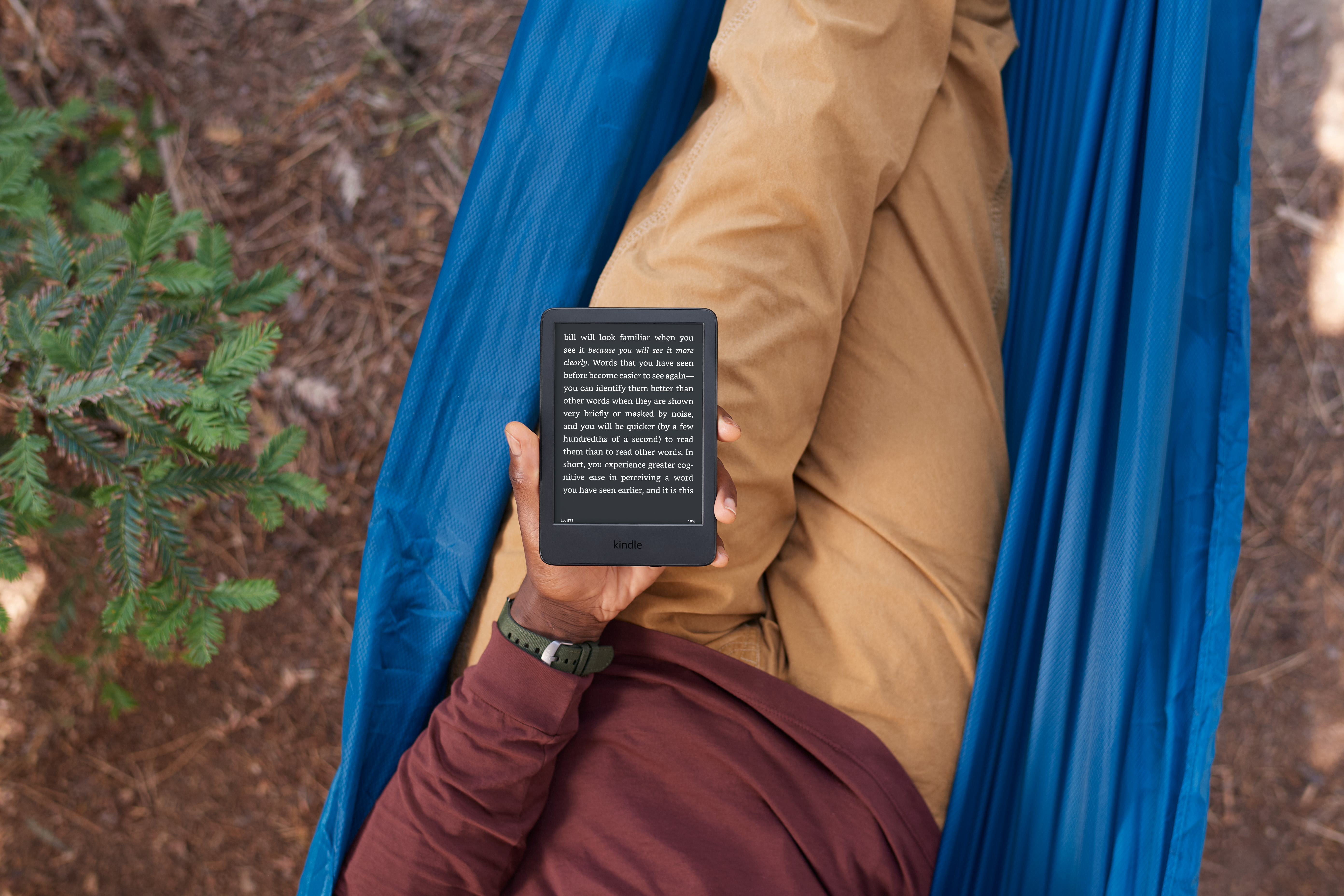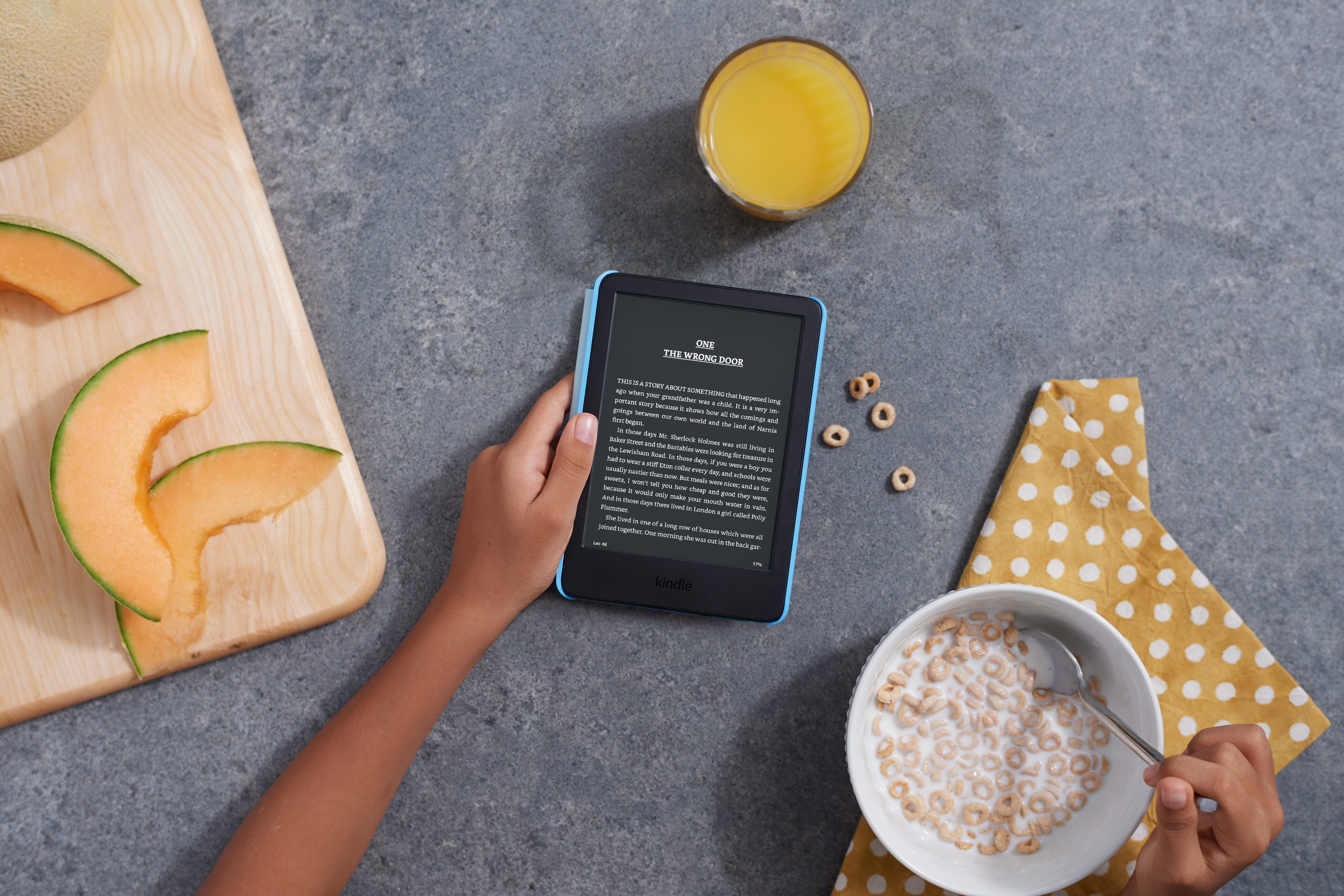Amazon just dropped an update to its basic Kindle, bringing the popular e-reader up to speed with the rest of the line. The new version of the product, which starts at $100, bumps the 167 ppi display up to 300, doubles the storage to 16GB and (finally) drops the beleaguered micro USB for USB-C. That last one’s sure to please users and regulators, alike, following a similar recent update for the Paperwhite.
Of course, the product continues to lack some of the more premium 6.8-inch model’s key features, like warm light for night reading, wireless charging and a flush display.
The $100 price is with Special Offers (ie lockscreen ads). Buying without bumps things up to $120. It’s a far cry from the days of the $79 Kindle, though the new additions provide some important bang for the buck. They also help the product keep up with the times. Amazon hasn’t exactly been offering regular updates as the competition has dwindled to Kobo and a smattering of other names.

Image Credits: Amazon
The new version of the device also supports dark mode and promises six weeks of battery on a charge (the previous version was advertised simply as “weeks”). The six-inch device is also being positioned as the “most compact” Kindle. On the sustainability front, the company says the product uses 90% recycled aluminum, while the packing is made from 100% recycled wood fiber — keeping with Amazon’s goal of transitioning completely to recycled packaging on its devices by next year.

Image Credits: Amazon
The product arrives alongside a new Kids version, which sports the same features, along with a “kids-friendly” cover and a year’s access to the Amazon Kids+ content service. That one starts at $120. The standard Kindle, meanwhile, comes with four free months of Kindle+ and is available in “denim,” which is basically a navy blue color. They’re both up for preorder as of today.
Amazon’s basic Kindle gets USB-C, improved display, blue color by Brian Heater originally published on TechCrunch















 English (US) ·
English (US) ·